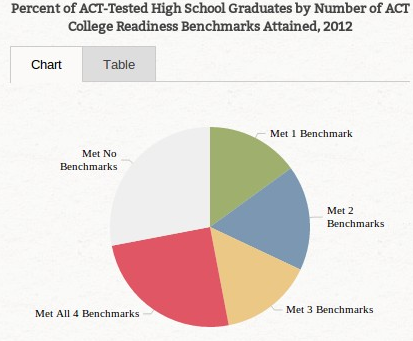Let’s start off with a story. And just as a heads up, it’s not necessarily a happy one.
Since 2009, Interaction Associates, a consulting firm based in Boston that advises on human resources and company leadership, has run a survey that measures how much employees trust the leaders who run their businesses. As of this year, the percentage of respondents who said they see their bosses as collaborative and trustworthy is at an all-time low.
On the broad questions, only 27% of respondents said they have a “high level of trust in management and the organization.†That's down from 39% three years ago. When asked whether their organization has effective leadership, only 31% said yes, down from 50% in 2009. On the question of whether they see their organization as highly collaborative, only 32% said yes, down from 41% in 2009. Source
Okay. Stop for a second. Digest those numbers for a second.
Now take a look around the office. Odds are at least two out of every ten employees feels like they have some reason to mistrust the organization’s leadership. Ouch.
So what does that say for employee engagement? I think we both know where that’s going to fall. Another interesting survey takes the conversation further into engagement territory.
65% of workers would choose a better boss over a raise (Source)
Let’s ignore the “raise” comment and focus just on the numbers. Two-thirds of employees want a different boss. They not only want a different one, they want a better one.
It’s difficult to quantify that desire, but I think it’s something we as HR professionals need to be thinking about. People leave managers, not companies. Here are six solid HR tips for you to pass on to your managers.
Employee trust and engagement video
(subscribers click here to view)
Must-read follow up resources
I read two great articles that got my brain jump started. Here they are if you’d like to check them out as well.
- The data-loving China Gorman gives us her thoughts here.
- Here’s another great follow up resource from the inimitable Jennifer V. Miller.

 While we’re talking career readiness skills, a
While we’re talking career readiness skills, a 